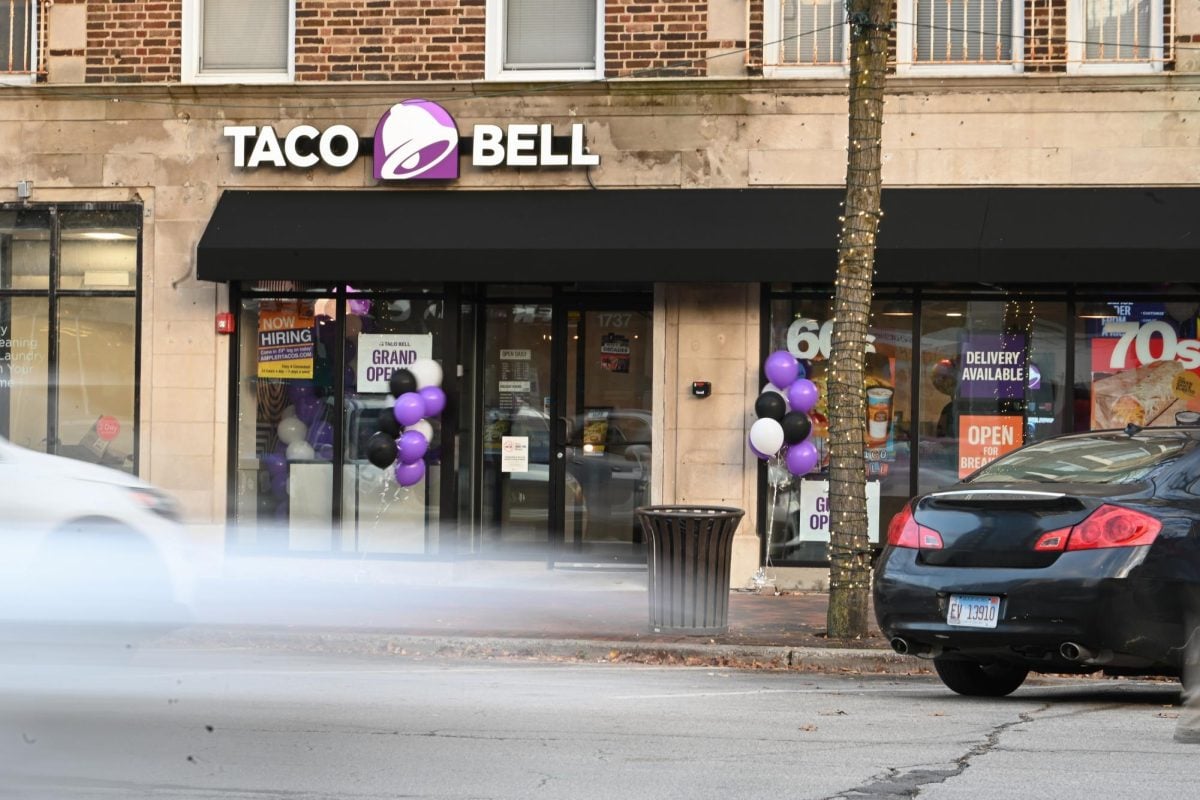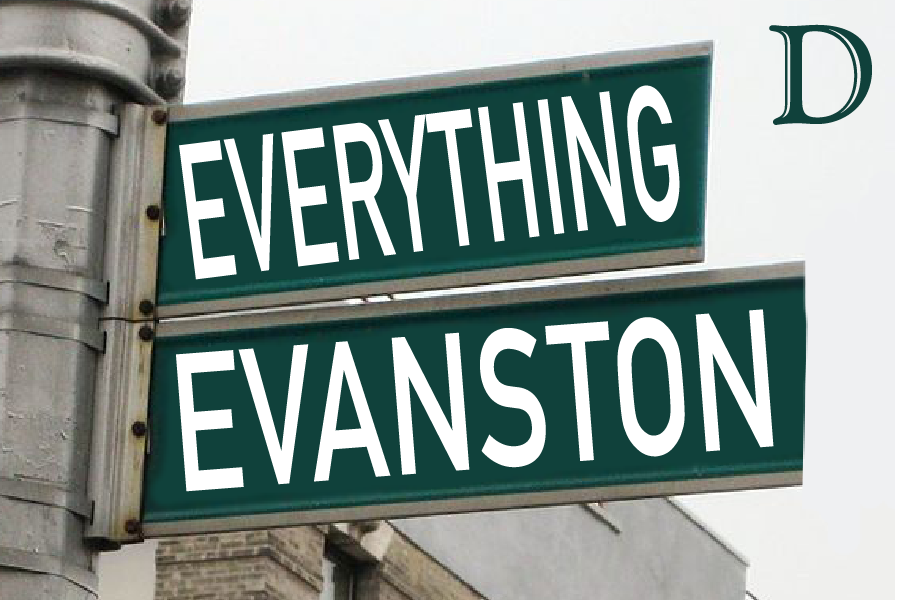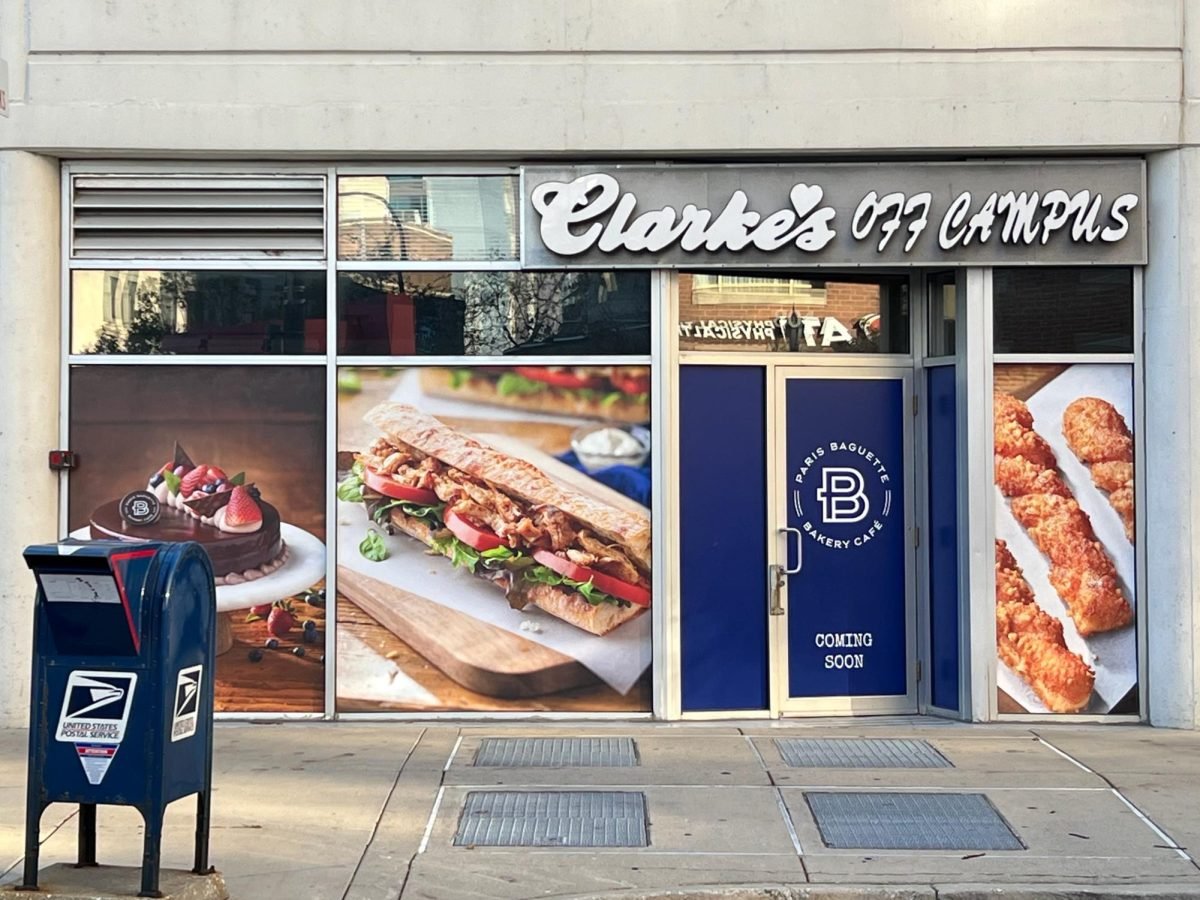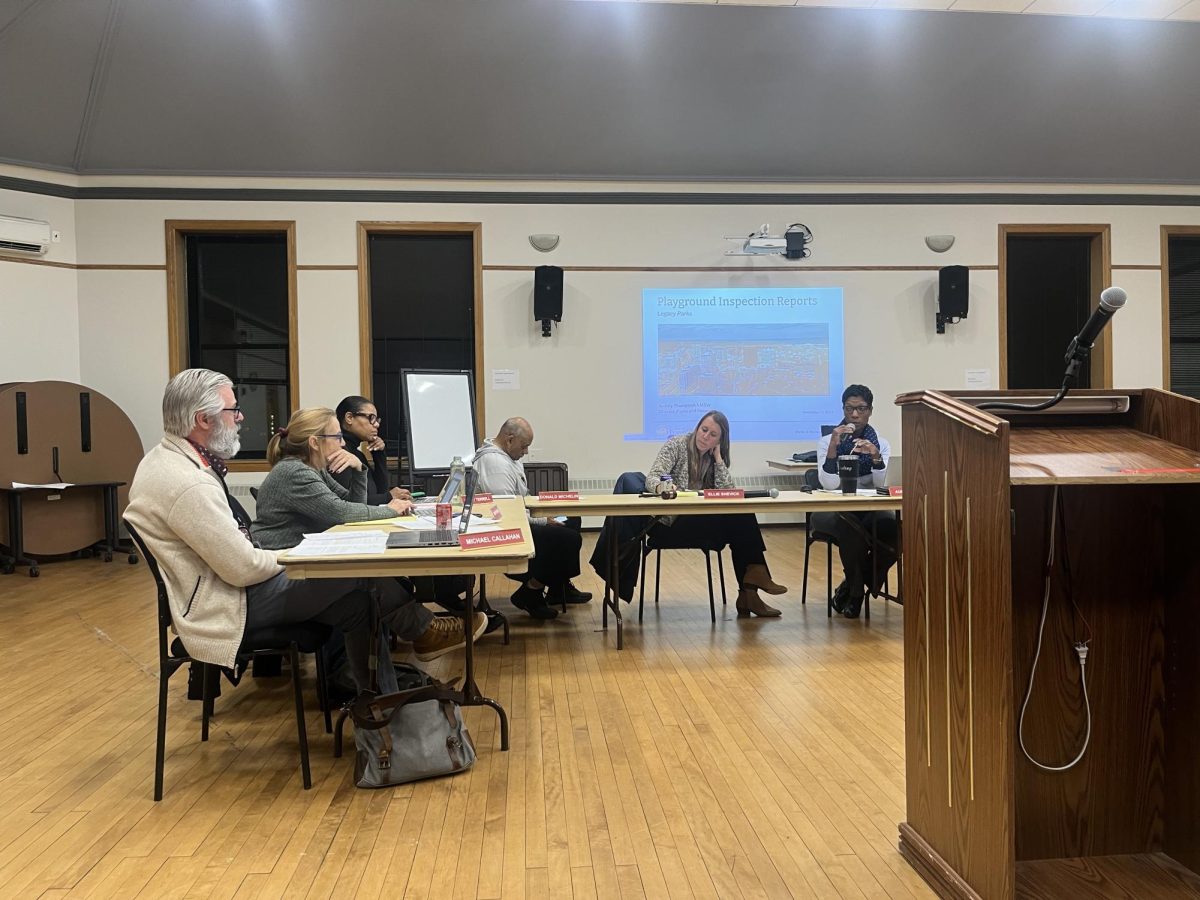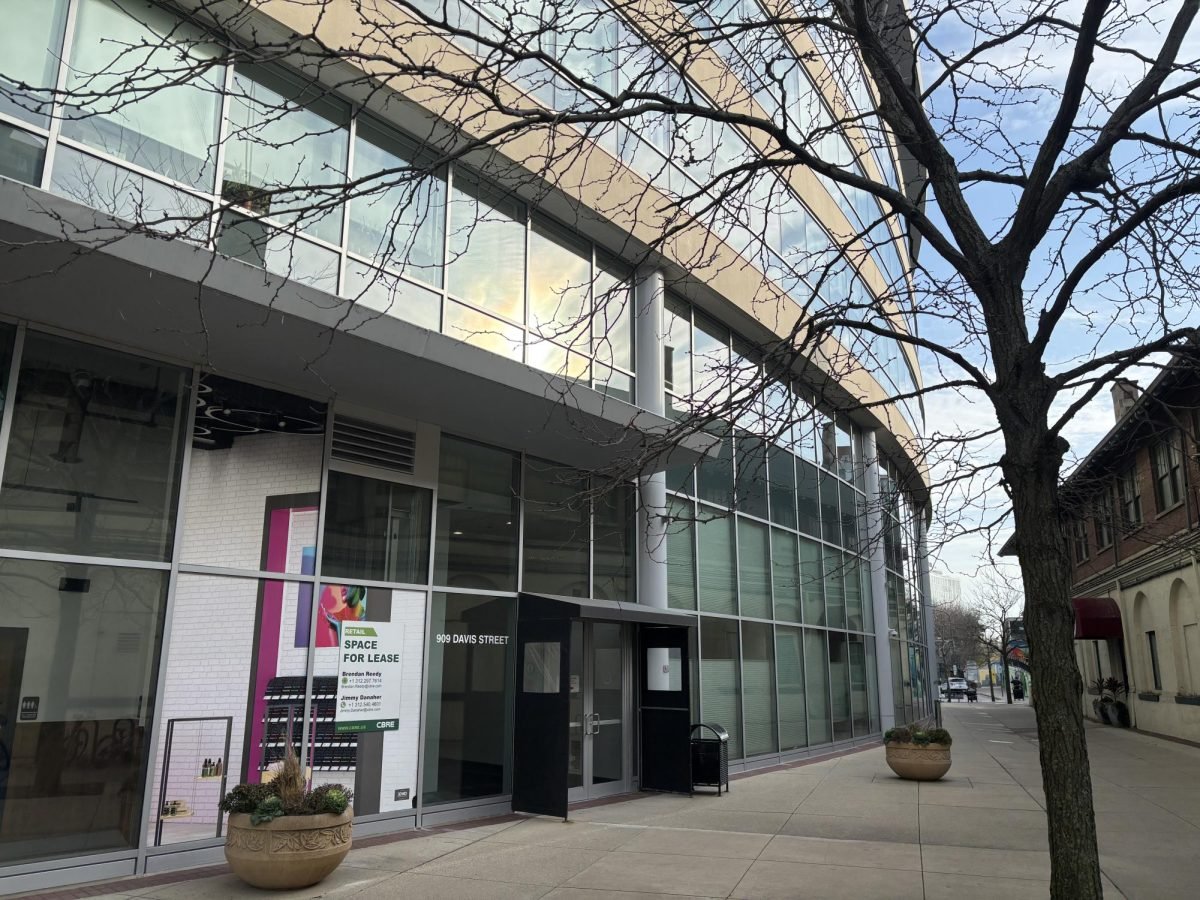Evanston City Council members voted 7-1 in favor of extending additional funding to Evanston’s Technology Innovation Center at their Feb. 13 meeting. Although aldermen expressed concerns about the return value TIC has provided the local economy, the council ultimately decided to allot the technology incubator $25,000 for the first quarter of 2012, after which it will be required to reapply for funds.
TIC, 820 Davis St., is a nonprofit organization that has incubated the development and launching of technology-based businesses in Evanston for more than 25 years. Since its founding, TIC has worked with more than 350 companies, 43 of which are physically based at TIC’s headquarters. TIC supported companies Peapod and Vibes in their early stages, and in 2010 Forbes.com listed it as one of the “10 Technology Incubators That Are Changing the World.”
Even so, city council members and staff raised concerns about the profitability of providing continued funding for TIC after receiving its annual application for Economic Development Fund support. Ald. Coleen Burrus (9th), who voted against providing further support for TIC, said Tuesday she expected the incubator to graduate more companies into the local community than it has in recent years.
“I strongly believe we need an incubator,” Burrus said. “When you have an incubator, the point is that you help businesses start and you release them out into the community – that they’re growing, they’re paying market rent, that their office buildings hire more people. I haven’t seen that that’s really what’s happening at TIC.”
TIC Chairman Charles Happ said he understood Burrus’ concerns for the city’s already-limited budget. However, he added that TIC has spurred economic growth in the technology and information industries since 1986, and even though some companies it graduated ultimately left Evanston in search of other sources of funding, TIC contributes to the American economy at large.
“We get the companies as they are leaving their basements and their garages and what we do is we provide the tools and the networking to help them stabilize and grow and mature as companies,” Happ said. “There are a number of companies that have stayed in Evanston that have between 40 and 60 employees that have contributed currently to the economic development of Evanston. We’re working with the city to retain companies.”
Happ said because council members voted 7-1 in favor of TIC, he did not feel there was any danger of a complete cessation of funding for the incubator when city staff revisit the issue in the coming months. He said he considers the discussions about funding an opportunity for TIC and the Economic Development Division to determine future expectations.
Ald. Jane Grover (7th) said Tuesday she also believes TIC should be supervised more closely in order to gauge how city money is being used to benefit Evanston. Because TIC is expected to reapply for funds each quarter this year, it will give city officials the chance to evaluate its performance and allocate funds appropriately.
“I think it’s important for the city to have a partner in innovation, to have a place where innovation can happen in Evanston, and at the moment that place is the Technology Innovation Center,” Grover said. “What I’d like to see is for the Technology Innovation Center to evolve and grow such that it reduces its reliance upon city funding and increases its capacity to continue doing exactly what it’s doing, which is to launch businesses.”
Before the late 1990s, TIC received funding from both Evanston and Northwestern, Happ said, until budget issues caused both parties to cease support. The city reestablished a partnership with TIC, providing a total of $200,000 in recent years. The funds allowed the incubator to provide low-cost office space and networking opportunities for local startups.
TIC continues to work unofficially with NU through individual McCormick and Kellogg professors. McCormick professor Michael Marasco said he rented TIC offices for about two years until last May so his students could have access to incubator space. It was a valuable experience for them, he said, because it allowed students to potentially collaborate with resident TIC companies.
“We had a positive relationship when we were there,” Marasco said. “I do believe it serves an important role within the economy. I can’t comment on whether it should be funded or not … but I do believe if you don’t have a place for companies to start, it’s a little bit harder to recruit them when they’re larger to come to the community. I think from Evanston’s perspective, that certainly has to be part of the debate that appears to be going on in terms of funding.”


